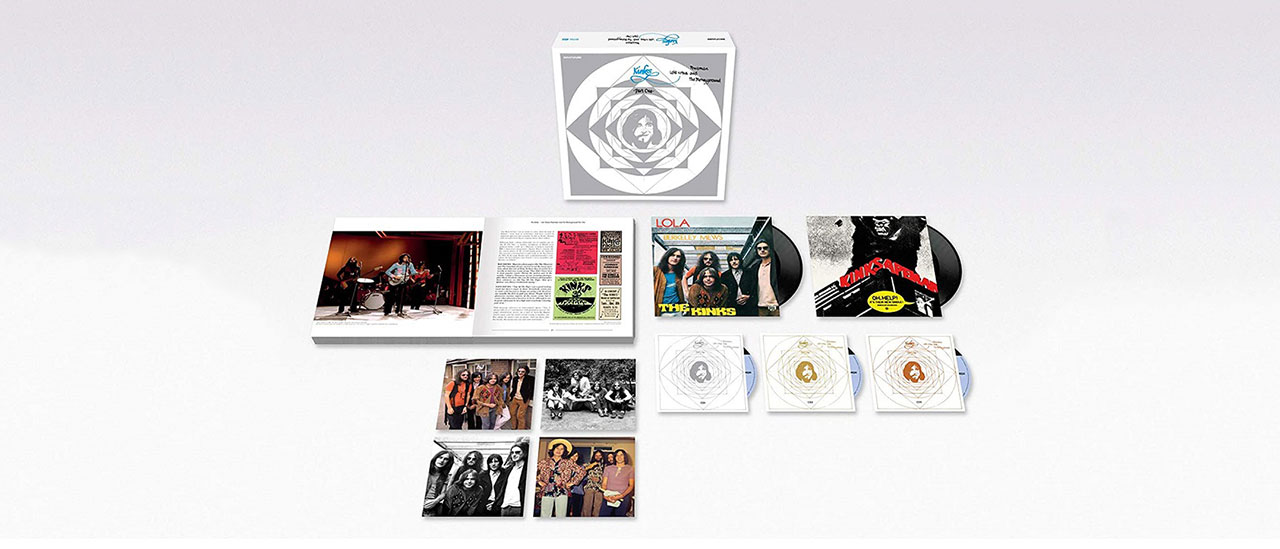By 1970, The Kinks’ star was on the descent, as the world moved on to new faces and sounds. On Lola Versus Powerman, a disillusioned Ray Davies doesn’t just bite the hand that feeds, he leaves it to marinate overnight before giving it a good roasting.
A time capsule vision of a Soho London that has all but disappeared, he takes aim at publishers and the press, money men and management, and anyone he sees as attempting to strangle his creative freedom, painting a vivid, if bitter, picture of the music industry of the day.
The real hero of the piece, of course, is Lola herself, the glorious, fearless drag queen regarded with awe by Davies’s wet-behind-the-ears provincial narrator. Way ahead of its time, Lola celebrates and defends the spectrum of sexuality before Lou Reed had even taken his first walk on the wild side
Musically, the album is a mixed bag, from the knees-up, elbows-out music hall romp of Denmark Street and The Moneygoround to the country twang of Got To Be Free, the stark, embittered rock of Top Of The Pops to the breezy This Time Tomorrow, none of it gelling particularly, more rubbing up against each other with a deliberate antagonism.
Meanwhile, there are moments that have aged spectacularly badly. While Apeman, the album’s other hit single is on the face of it just a story of a man yearning for a simpler life, it becomes straight-up racist when Davies insists on singing those lyrics in a cod-Caribbean accent. It’s very much not okay. And there are six versions of it here.
Thankfully the skip button exists, because there’s plenty of other extras to enjoy. This re-release is stuffed with demos, alternative takes, radio ads, mono versions, a particularly engaging version of Lola with the Danish National Chamber Orchestra and the Danish National Vocal Ensemble, and a new medley of forgotten track Any Time, which is plastered with a slightly awkward sound collage of long-lost snippets found down the back of the band’s sofa.
Best, though, are recordings of Dave and Ray Davies chatting over a cup of tea in the latter’s kitchen, reminiscing about Lola’s inception and sounding, wonderfully, like the old dears on Gogglebox. Lola was never a perfect album, and no amount added extras will fix that. But the gems that are there shine bright even 50 years on.

